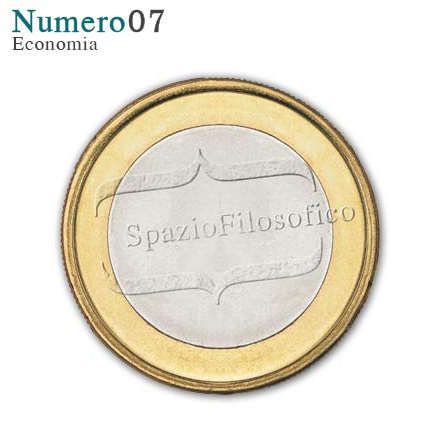Grati all'economia
Italian Editorial
DOI:
https://doi.org/10.13135/2038-6788/8932Abstract
If, as we observe, increasingly often economy prevails on politics, the alternative is not simply the re-establishment of reciprocal boundaries but rather different, this time virtuous forms of contamination. Economy must become politics and politics must become economy not in the sense that bankers should rule states but rather in the sense that capitalism should decisively embrace its social stage of development. The second part of the twentieth century has been the epoch of the construction of welfare thanks to the collaboration between economy and politics. Today, the forms of economic activity should assume the democratic political moment as constitutive of their raison d’être. Economy cannot be a bond for politics if at the same time politics is not a bond for economy. Political and more generally social sustainability should become the first requirement for all economic activities, a sort of taboo, in the same way in which economic sustainability is by now a taboo for politics. In sum, politics and economy should work as reciprocal taboos. This reciprocal taboo would constitute, as it were, a shared constitutional bond, which would enable the “parts,” namely politics and economy, to confront each other in a harsh yet fair dialectics rooted in reciprocal recognition.


